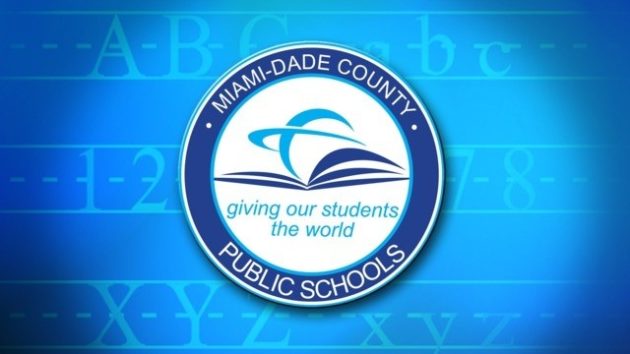Jailed in Atlanta, Walking Around Free in Miami-Dade: Different Strokes for Different Folks
On Tuesday, three Atlanta educators were sentenced to seven years in prison, and six others given terms of 1-7 years, for their part in the massive test cheating scandal in Atlanta Public Schools, with more prison sentences expected. Two educators out of ten took the State’s plea deal- so far, the terms have not been reported.
At an emotional hearing, Fulton County Superior Court Judge Jerry Baxter called the case “the sickest thing that’s ever happened in this town.”
Unfortunately for them, they did not work at Miami Norland Senior High School and participate in Adobegate, for if they had, they would be walking around free amongst us like Mr. Emmanuel Fleurantin and Mrs. Brenda Muchnick.
Florida, like Georgia, has statutes relating to test cheating and racketeering:
- Florida Statute 1008.24, “Test Administration and Security,” makes it a misdemeanor to engage in standardized test cheating: “A person who violates this section commits a misdemeanor of the first degree, punishable as provided in s. 775.082 or s. 775.083.”
- Florida Statute 895.03, Section 1 states: “It is unlawful for any person who has with criminal intent received any proceeds derived, directly or indirectly, from a pattern of racketeering activity or through the collection of an unlawful debt to use or invest, whether directly or indirectly, any part of such proceeds, or the proceeds derived from the investment or use thereof, in the acquisition of any title to, or any right, interest, or equity in, real property or in the establishment or operation of any enterprise.”
- Florida Statute 775.0844, “White Collar Crime Victim Protection Act,” states in Section 2: “Due to the frequency with which victims, particularly elderly victims, are deceived and cheated by criminals who commit nonviolent frauds and swindles, frequently through the use of the Internet and other electronic technology and frequently causing the loss of substantial amounts of property, it is the intent of the Legislature to enhance the sanctions imposed for nonviolent frauds and swindles, protect the public’s property, and assist in prosecuting white collar criminals.”
Adobegate was a host of white collar crimes that took place over the Internet as the tests were given online with the answers provided to the students by cheat sheets given by their teachers- Mr. Fleurantin and Mrs. Muchnick.
Though Florida, like Georgia, has the legal framework to pursue charges against those involved in Adobegate, Florida officials lack the motivation and inclination unlike Georgia, Texas, and Pennsylvania officials to prosecute them and seek justice.
Mr. Trevor Colestock, the whistle-blower, is of the opinion that other schools were involved and that Adobegate is being covered up to prevent others from speaking out and from exposing a larger and costlier fraud to Florida and federal taxpayers; is it so as to protect politically connected Miami-Dade County Public Schools officials such as Superintendent Alberto Carvalho?
Could it be that state and federal officials did not pursue Mr. Colestock’s complaints so as to avoid embarrassment and protect M-DCPS officials?
How far does Adobegate go?
What other schools and M-DCPS employees were involved and to what cost?
Only a thorough investigation will answer these questions, and the general public and Mr. Colestock, who was retaliated against for exposing Adobegate, are owed that much.
RELATED ARTICLE: Former D.C. Whistleblower Principal Adell Cothorne on the Atlanta Verdict


